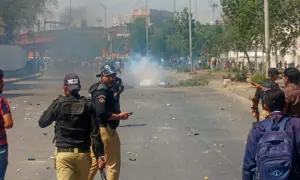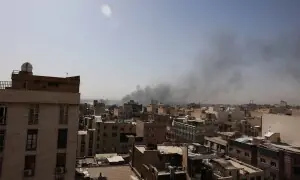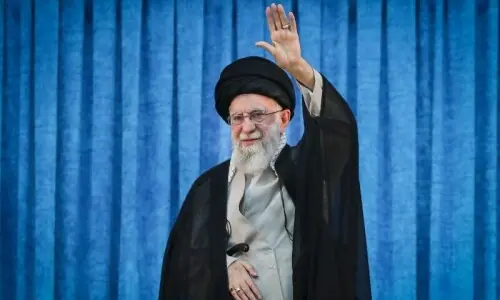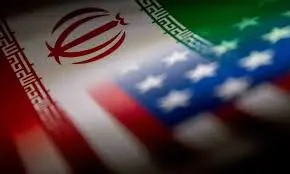FROM Lahore to Faisalabad you drive on a six-lane motorway, through a fertile landscape with orchards as beautiful as any in the world.
It is only when you get off a motorway and enter a village or a small town that you arrive in Pakistan: crowded, chaotic, with people possessed of the most aggressive road manners. Why are our people like this? Not because they are poor (people in Gilgit-Baltistan are poorer but better behaved) but because they are uneducated and badly brought up.
I am convinced that poor education and poor upbringing are the main reasons for our travails. The space provided by the government’s skewed priorities has been filled by the madressah, which is based on a boarding school education.
The impact on the personality and psyche of a child educated in a boarding school is deep and permanent. This is for all to see in madressah graduates. Providing food and free education, a madressah is an irresistible option for a man with half a dozen children and no income.
The solution is to have a chain of boarding schools which are affordable and impart quality education with a religious and worldly curriculum.
A passionate teacher is making a difference.
In my search for such a boarding school, I travelled last week to Muzaffargarh in south Punjab to see for myself a famous school in the area called Misali Public School.
It is the brainchild of a former government school teacher, who to give vent to his burning passion for teaching, resigned from his job and started a modest boarding school on the outskirts of Muzaffargarh 30 years ago. The hallmark of his philosophy is a rigorous academic routine in a frugal environment.
In order to set himself a quantifiable target, he enrols boys in Class 2 to prepare them for entry to all the known cadet colleges in the country, such as Hasan Abdal, PAF School Sargodha, Military College Jhelum, etc.
The success rate of its students in gaining admission (around 150 out of a class of some 200) into one of the above-mentioned schools is so good that parents line up to get their wards into the school. Currently, 1,400 boys — all boarders — are admitted.
The schedule is gruelling: 8am to 9pm, with two breaks for meals (3pm to 5pm ) and sports (5pm to 7pm). For better ventilation, classrooms, though well-constructed, have no walls at the back, and all seating is on the floor. Hostel dormitories are large, with bunk beds accommodating up to 125 boys in each room. While there are toilets, there are no showers, and the boys are expected to bathe at the three tube wells installed for the purpose and which operate at predetermined times. At night during the summer months, senior boys sleep on an open-air platform with fans, and junior boys on the hostels’ rooftops.
The punchline is that this quality education and boarding, albeit of a frugal nature, is for a monthly fee of Rs6,000. This good work is being done by a passionate teacher, now in his seventies, Jamil Sahib.
Another inspiring story is that of Dr Amjad Saqib, a former civil servant in the field of microcredit, and now education. During one of his postings, he had an unsatisfying experience of microcredit being given to the poor at an interest rate of 20pc. Seeing the impact of such exorbitant interest rates on the abjectly poor, he decided to pool in donations from his own and his friend’s personal savings and experiment with interest-free microcredit.
Moved by the integrity of a widow who not only repaid the unconditional loan but also offered to donate Rs10,000 to another needy person out of her earnings, he resigned mid-career to work for this cause. This led to the formation of Akhuwat in 2001, an interest-free microfinance organisation which started working out of a mosque on capital provided by kind-hearted members of society. This experiment proved so successful that provincial and federal governments offered Akhuwat funds to extend microcredit to the poor.
So far, Rs96 billion have been distributed to more than three million families at zero interest rate. The recovery rate for these loans is 99.93pc. (Compare that with the recovery percentage from our rich.) Meanwhile, commercial microcredit banks in the country charge 15-30pc interest, and the famous Grameen Bank of Bangladesh as high as 22pc.
The organisation has now ventured into other welfare projects, including setting up intermediate colleges to groom matriculates for professional colleges — again free of cost. Interestingly, the Punjab government which had promised to reimburse the 7pc operational cost of the microcredit operation has not done so for the last 11 months, jeopardising the pace of work.
Education is the way forward and inexpensive boarding house schools are the way to go, and I am not advising the government but venturing into replicating the Misali School with support from Akhuwat and friends is an idea worth exploring.
The writer is a former civil servant.
Published in Dawn, November 5th, 2019






























